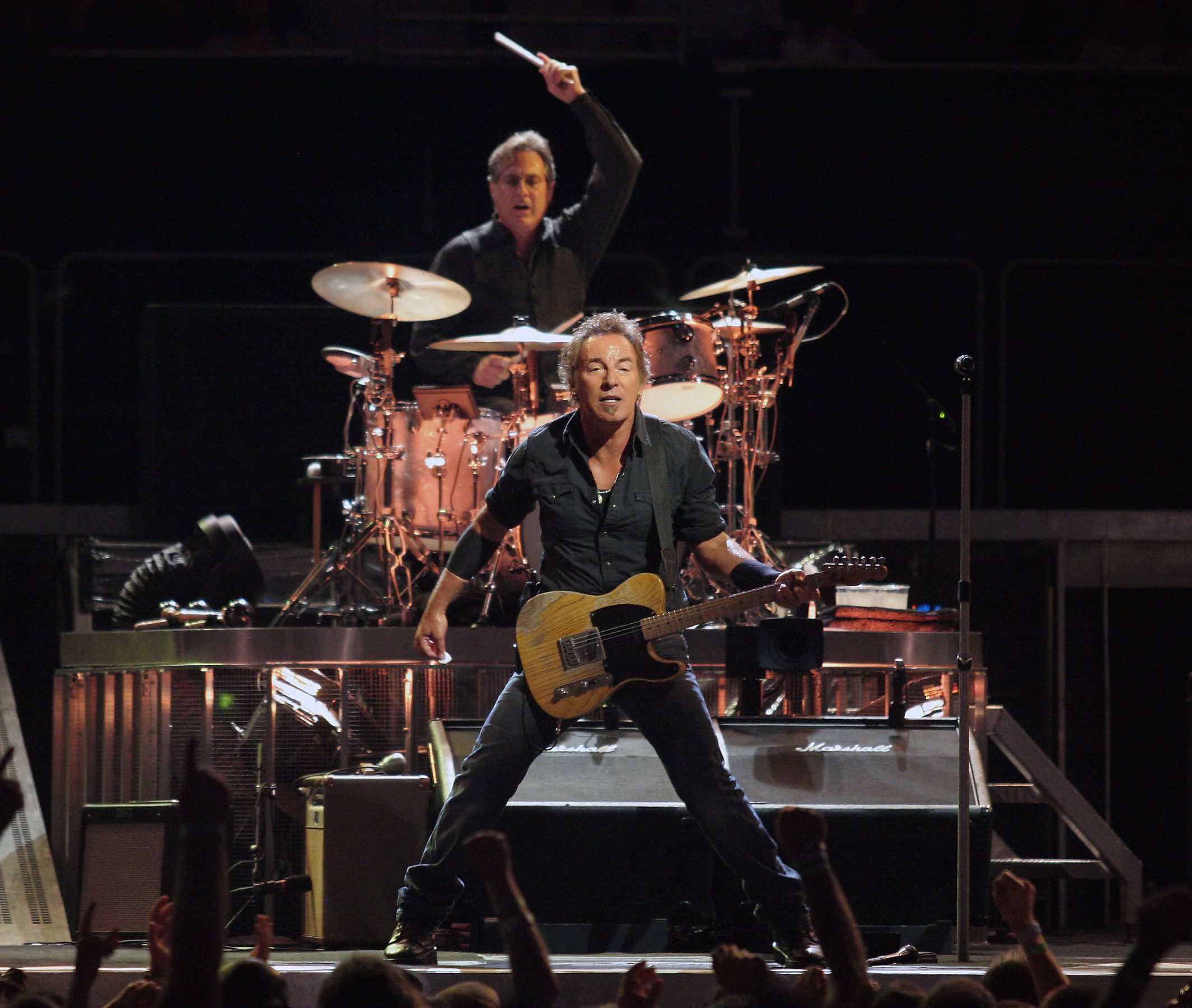On September 23rd, Bruce Springsteen celebrated his 67th birthday with the release of his new album, Chapter and Verse. His new book, Born to Run, will also be available this Tuesday. Although Chapter and Verse is meant to supplement Springsteen’s upcoming autobiography, the album is able to stand on its own as a window into Springsteen’s world.
Die-hard Springsteen fans will probably not learn very much from Chapter and Verse, however. Of the 18 songs on the album’s track list, 13 of them have already been released at some point during Springsteen’s career including major hits like “Born to Run,” “The River,” and “Born in the U.S.A.” The first five tracks on the album had not been officially released, but most have been leaked and have been circling the Internet in some form or another for years.
Like chapters in a novel, the songs on this album are deliberately ordered to tell a story. The album starts off easy with “Baby I” (1966) and “You Can’t Judge a Book by it’s Cover” (1967), two songs that were recorded early on in Springsteen’s career, as evident by the low-quality sound, simple lyrics, and short verses. After this, the songs become progressively heavier (and, thankfully, higher quality), touching on some of Springsteen’s favorite themes: hardship, work, family, and the American Dream.
Songs like “The Ballad of Jesse James” and “Born to Run” undeniably romanticize the freedom and recklessness of youth. In “The Ballad of Jesse James,” Springsteen sings about all the possibilities of life, asking, “Don’t you wanna climb a mountain / don’t you wanna ride the river”. These lyrics are juxtaposed with a guitar solo that is dripping with hopeful longing and a palpably uplifting tone.
The songs in the middle of Chapter and Verse are reminiscent of hard times and difficult emotions. Aside from the obvious reference to the Vietnam War in “Born in the U.S.A”, there are several references to the hardships of being a working class citizen, trying to maintain a happy family life, and sustaining faith in oneself in “The River,” ” and “Long Time Comin,” among others. Through the mournful tune of “Livin’ Proof,” Springsteen sings, “I put my heart and soul, babe, I put ‘em high on a shelf / Right next to the faith I lost in myself.”
Although Chapter and Verse touches some very heavy topics and includes the occasional sad harmonica solo, it is full of upbeat guitar riffs and thoughtful melodies. The spirit of the entire album can really be felt in the last song, “Wrecking Ball. (https://realdetroitweekly.com/) ” The song is, in essence, a call to arms. Springsteen recognizes the pain that is present in this world and encourages listeners to “Hold tight to your anger, and don’t fall to your fear.” The feel-good beat and uplifting lyrics dissolve any sadness that was invoked by earlier songs in the album. Chapter and Verse as a whole recognizes different kinds of tribulations, but it ends on a positive note, reminding listeners to get angry and fight back against those hardships.
Voice’s Choices: “The Ballad of Jesse James” and “Badlands”







